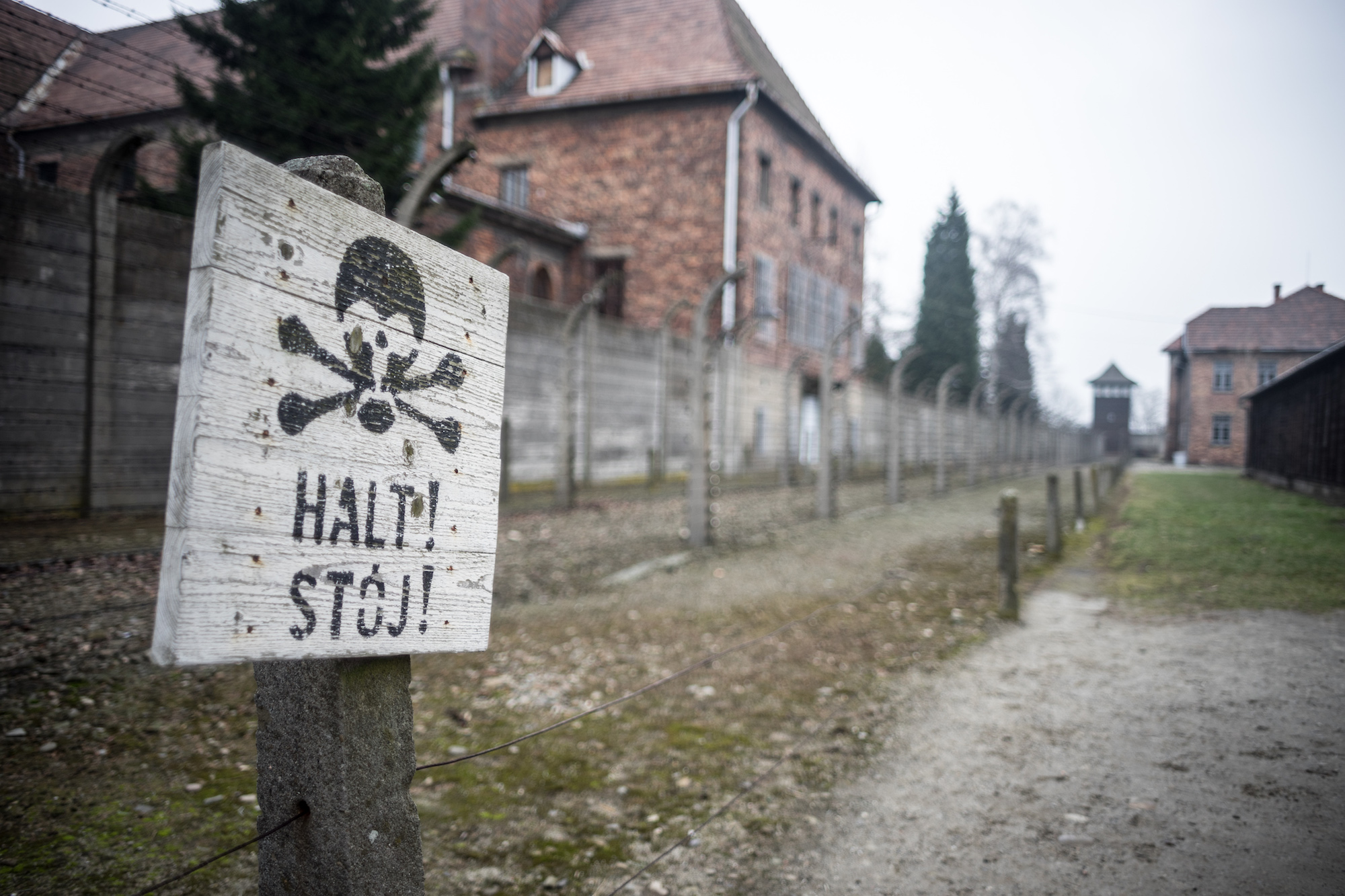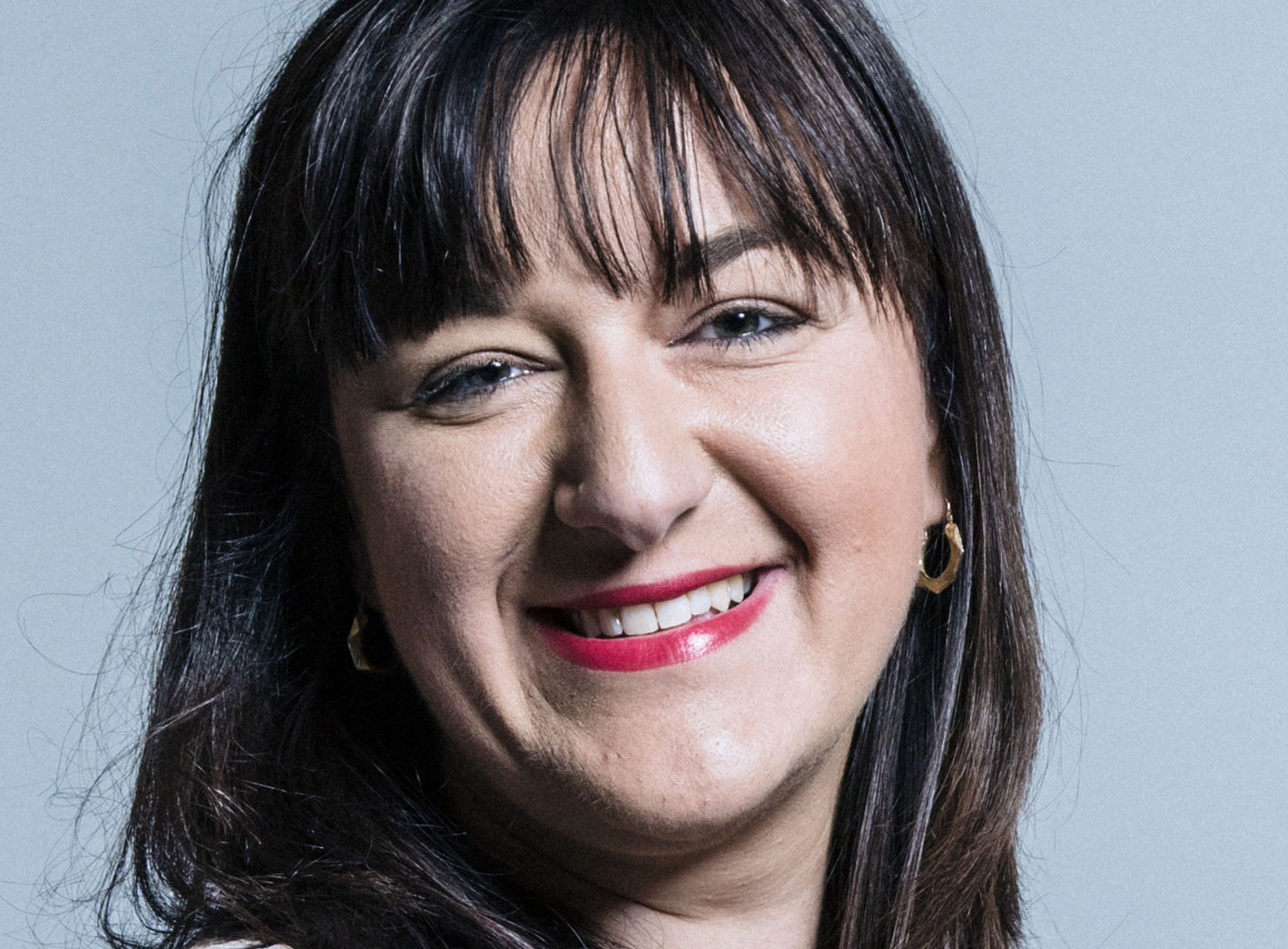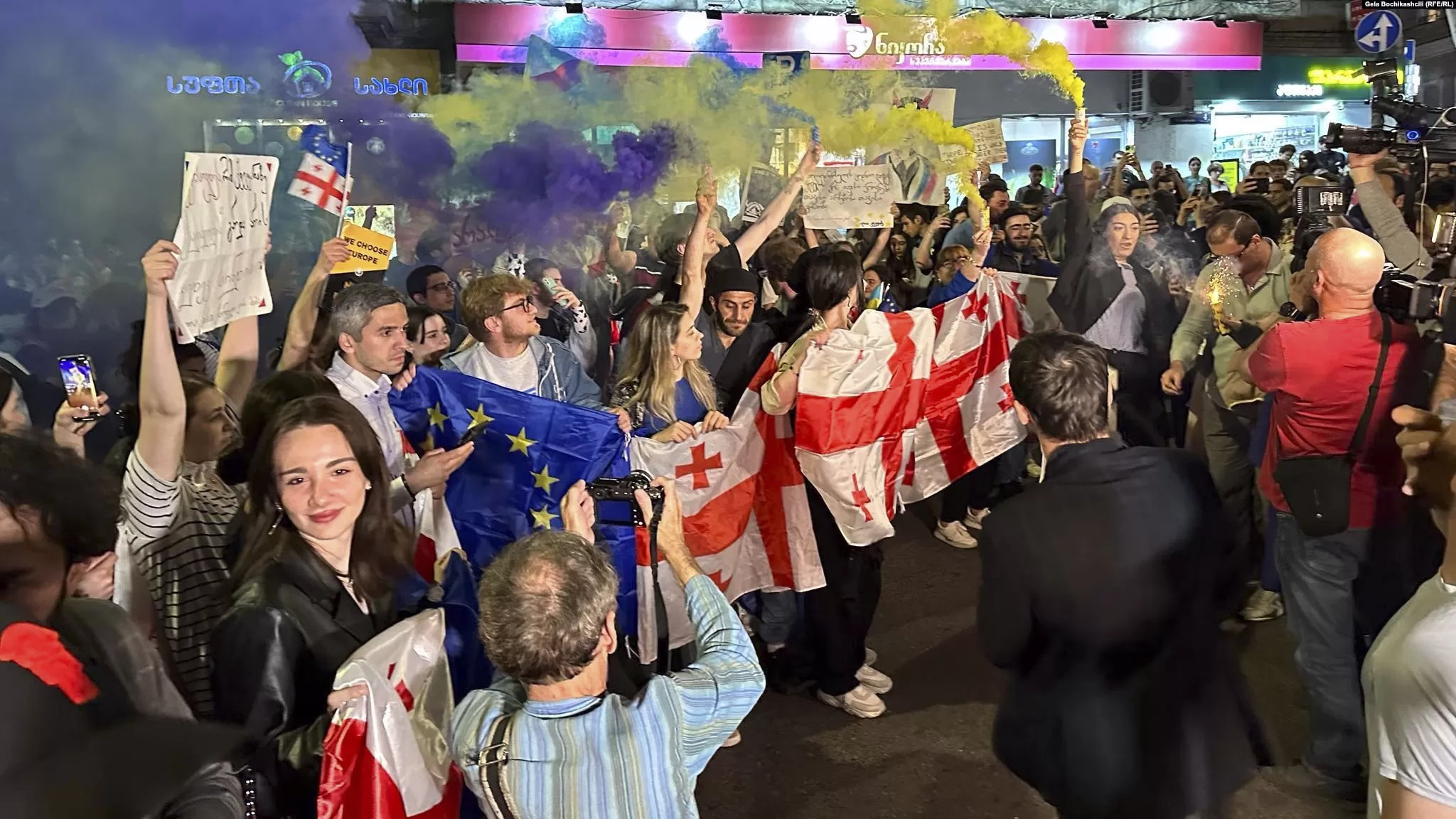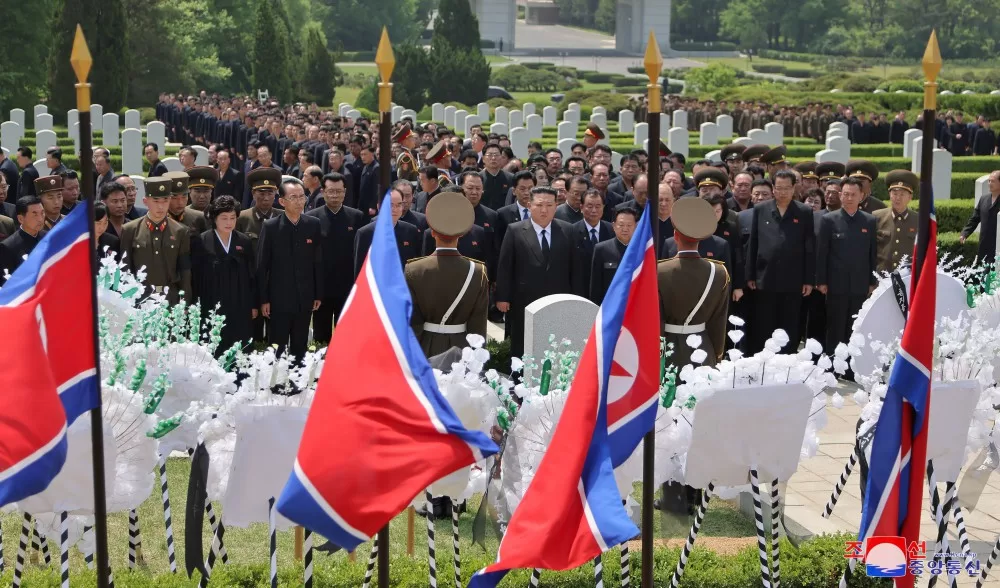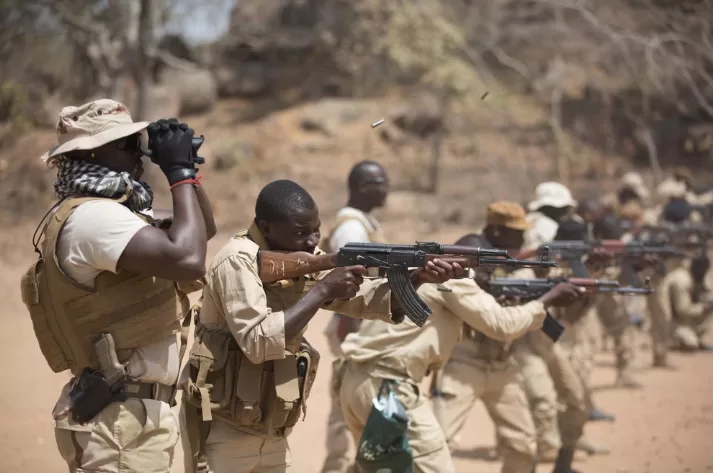Today is Holocaust Memorial Day, marking 77 years since the liberation of Auschwitz. Every year this is a day for reflection. To remember not just those that were murdered at the hands of the Nazis but also the trauma of those that survived and the impact on not just their families but on all of us in different ways.
I am a British Jewish woman, born 34 years after the end of the Second World War. My family had fled the Tsarist pogroms not the Nazis and had arrived in the UK in the 1890s. In theory the Holocaust, the Shoah, should be a horrible chapter in European history. Except it is more than that – it is an integral part of my identity and of our collective history. It has shaped my values, led me to campaign against political extremism, against neo-fascists of all ilks, it has made me wary of populist politicians and it has ultimately led me to Index – to be a voice for dissidents and those being persecuted.
In hindsight, this was because of my amazing mother. As a child Judaism for me was as much about cinnamon balls and chicken soup as it was about synagogue. I was raised in a very liberal and culturally Jewish home. Synagogue was for festivals, weddings and bar-mitzvahs. But when I was 11, I was staying at a friend’s house and her mum used an antisemitic trope. I didn’t really understand what she meant and why she was later so embarrassed which led to a long conversation with my mum.
My mum sat me down to explain what antisemitism was. This then led to a conversation about what had happened to our extended family in Eastern Europe during the war. She described the politics of Hitler and where they ended – of where hate can lead and our responsibilities to stand strong against it – no matter who it was directed at. And she finished by telling me that it didn’t matter whether I decided to be a practicing Jew or not – others (well the baddies) would always consider me a Jew, they would target me because of it and I needed to be prepared (how true that was!).
This led me to read – a lot. About the Holocaust, about Jewish life in Europe before the rise of Hitler. I read, I listened to testimony, and I was so lucky to meet survivors from the camps and to get to know some of the Kindertransport [children who were sent to the UK in order to survive]. I visited Auschwitz. I have cried for those that I never had the opportunity to meet and for the horror that the Holocaust brought to the world.
I was able to do this because of our free press and democracy. Because brave survivors have recorded their lived experiences for posterity. Because brave journalists reported on and filmed the camps during liberation. Because writers, artists and illustrators have worked tirelessly to ensure that the Shoah is not forgotten. To ensure that “Never Again” is not just a slogan.
This brings me to small county in Tennessee, McMinn County. Population 53,794. Earlier this month their school board unanimously voted to ban a cartoon book called Maus. Not only is it beyond my comprehension for a school board to believe it is appropriate to ban educational books but in this instance, it is beyond parody. Maus was written and illustrated by Art Spiegelman. It is the story of his parent’s experiences during the Holocaust. As a graphic novel it helps educate a new generation about the horrors of the Shoah. The human cost. You cannot tell the story of the Holocaust without challenging imagery and graphic depictions. The associated language is of course coarse. But how an earth can you expect to teach one of the most harrowing periods of human history without addressing what actually happened? And how can you believe that banning books, books about the Holocaust, when books were so famously banned, is an answer to any problem?
Education is the most important tool in our arsenal to make sure that the Shoah is never repeated. This is an affront.
Index is the UK lead on Banned Books Coalition – highlighting the absurdity of banning culture. We didn’t need any more examples of the irony of banning books – but if we did the school board in McMinn County have given us the most ludicrous example.

